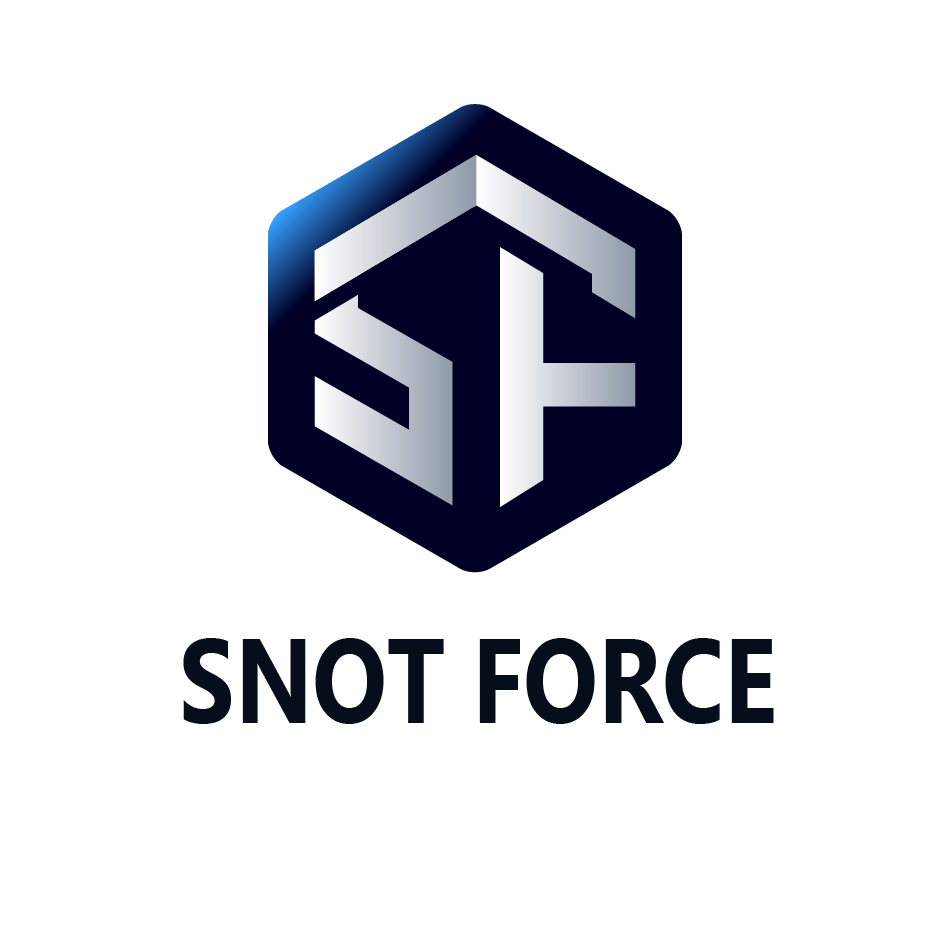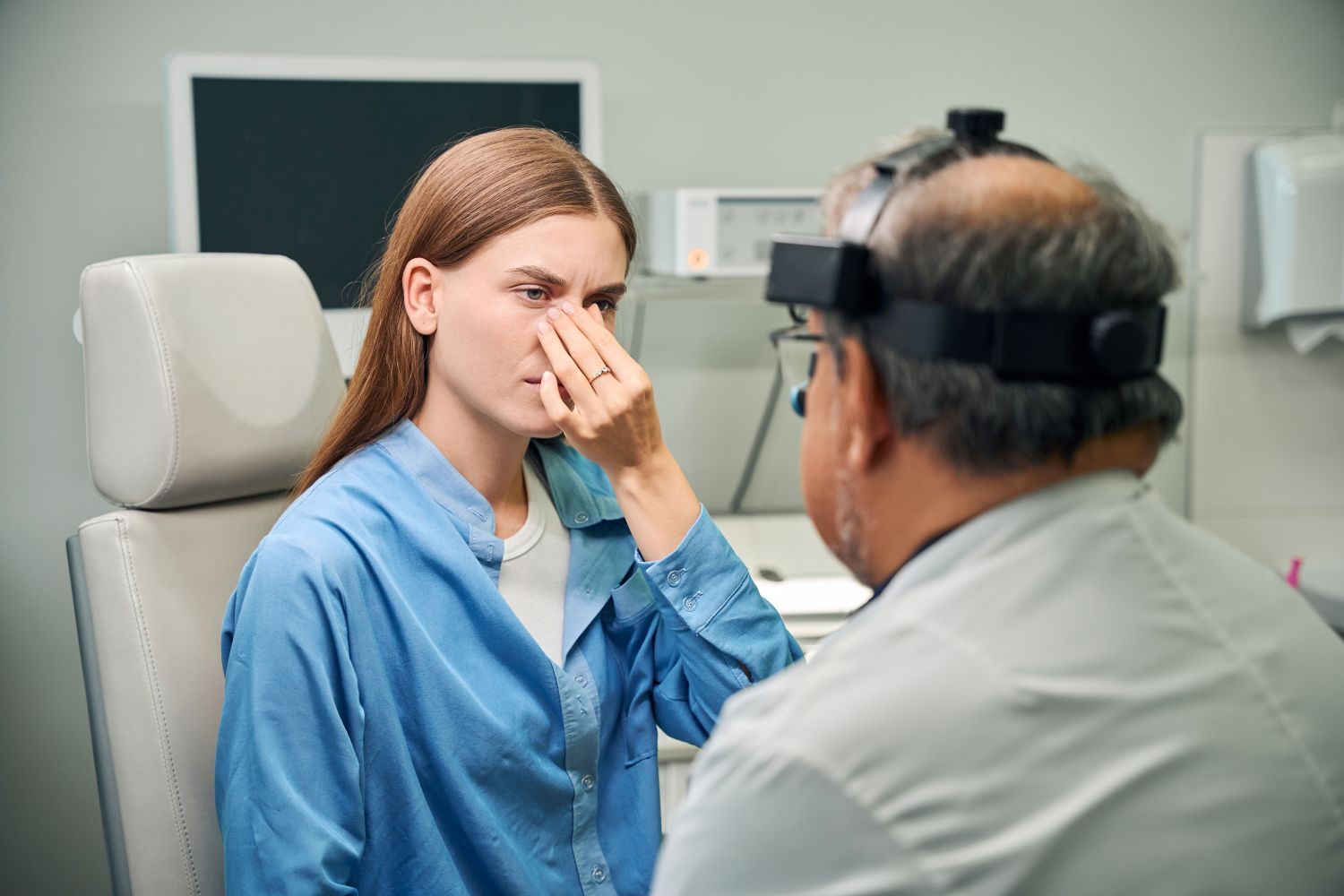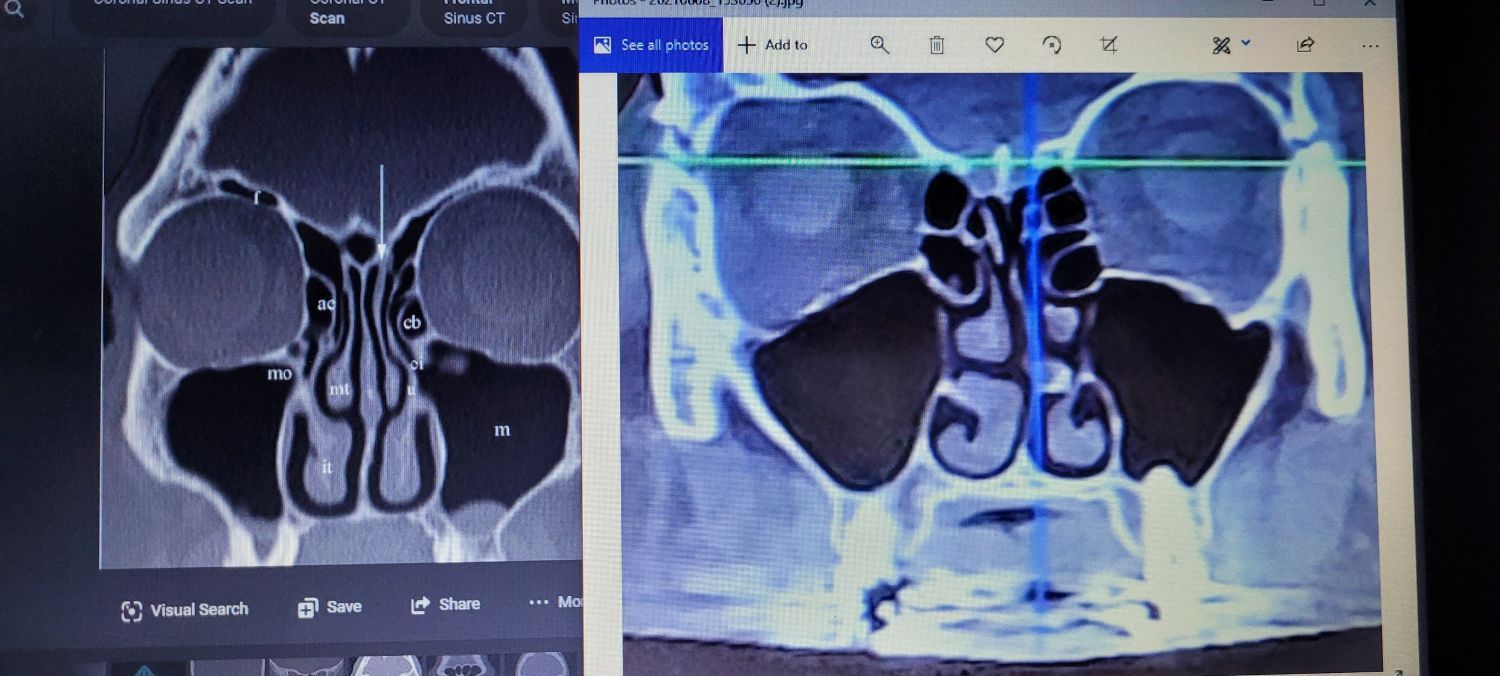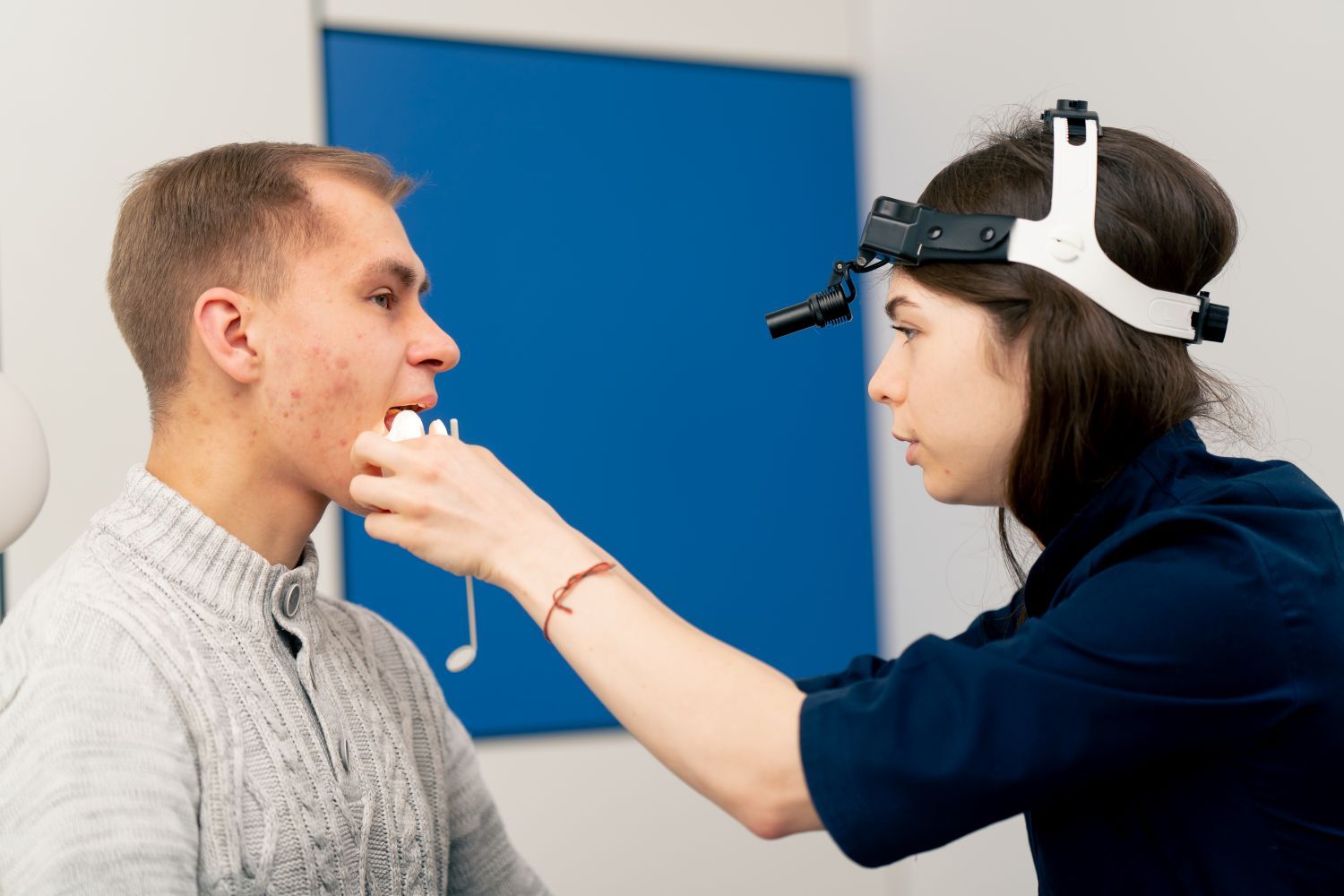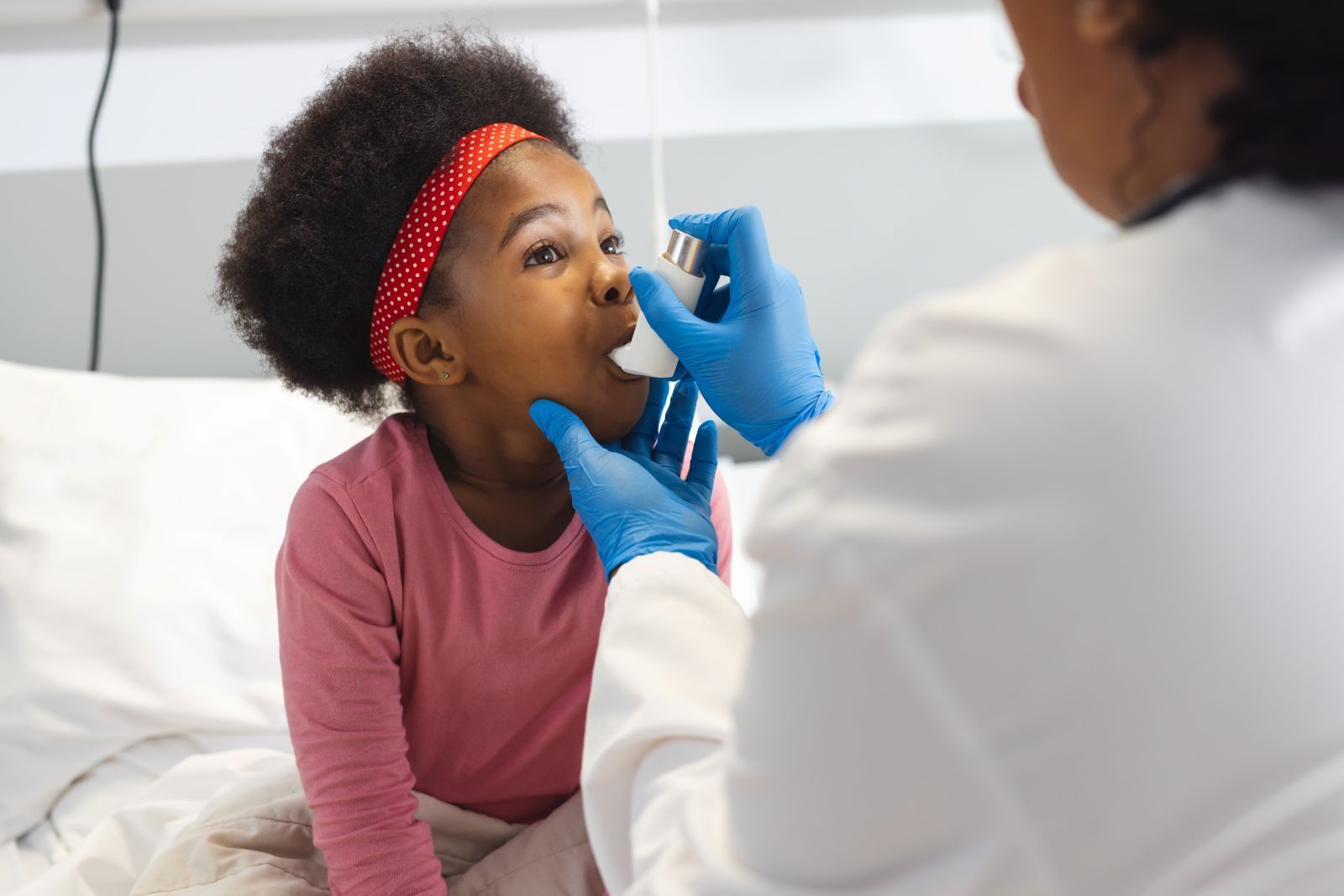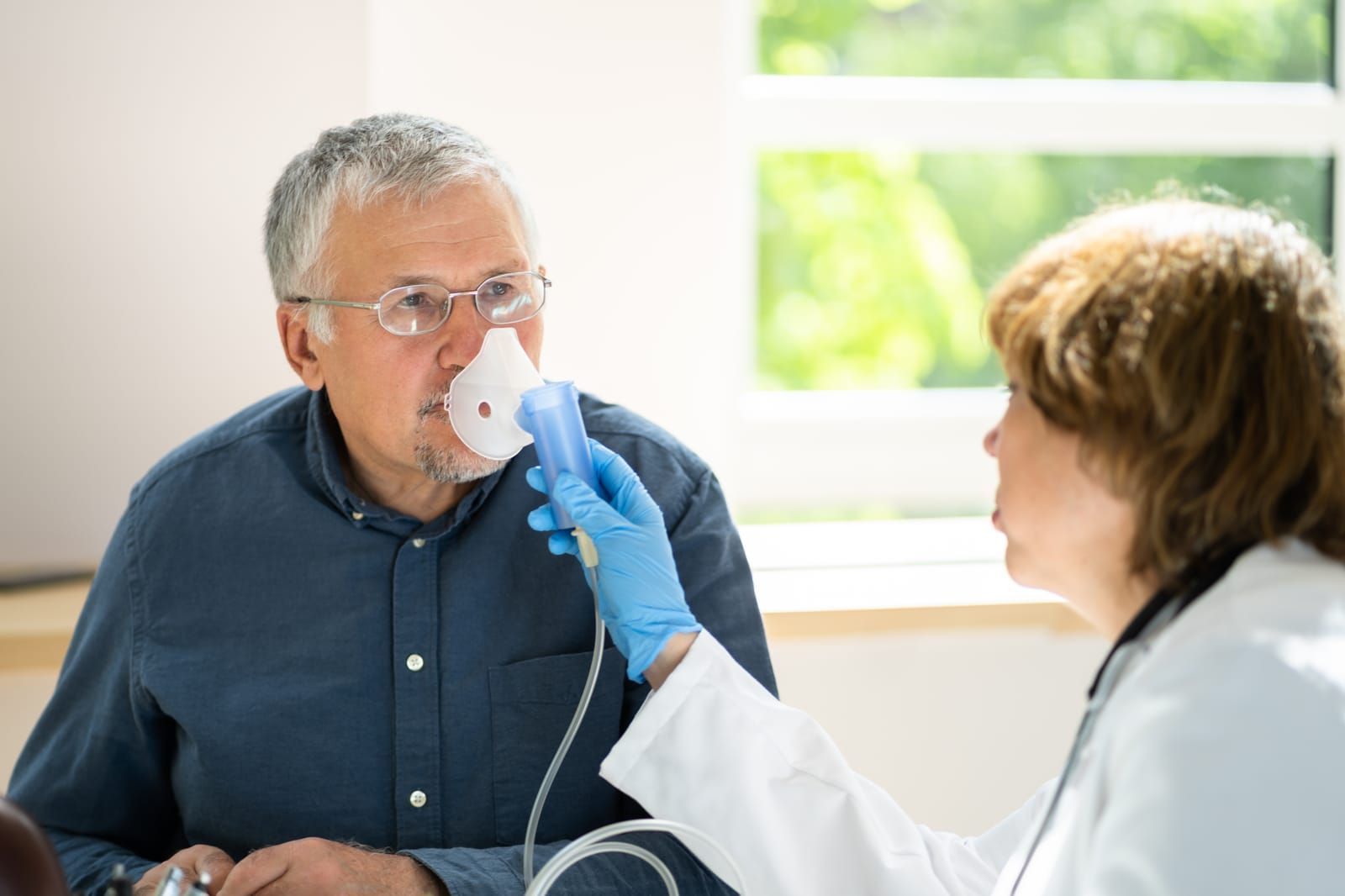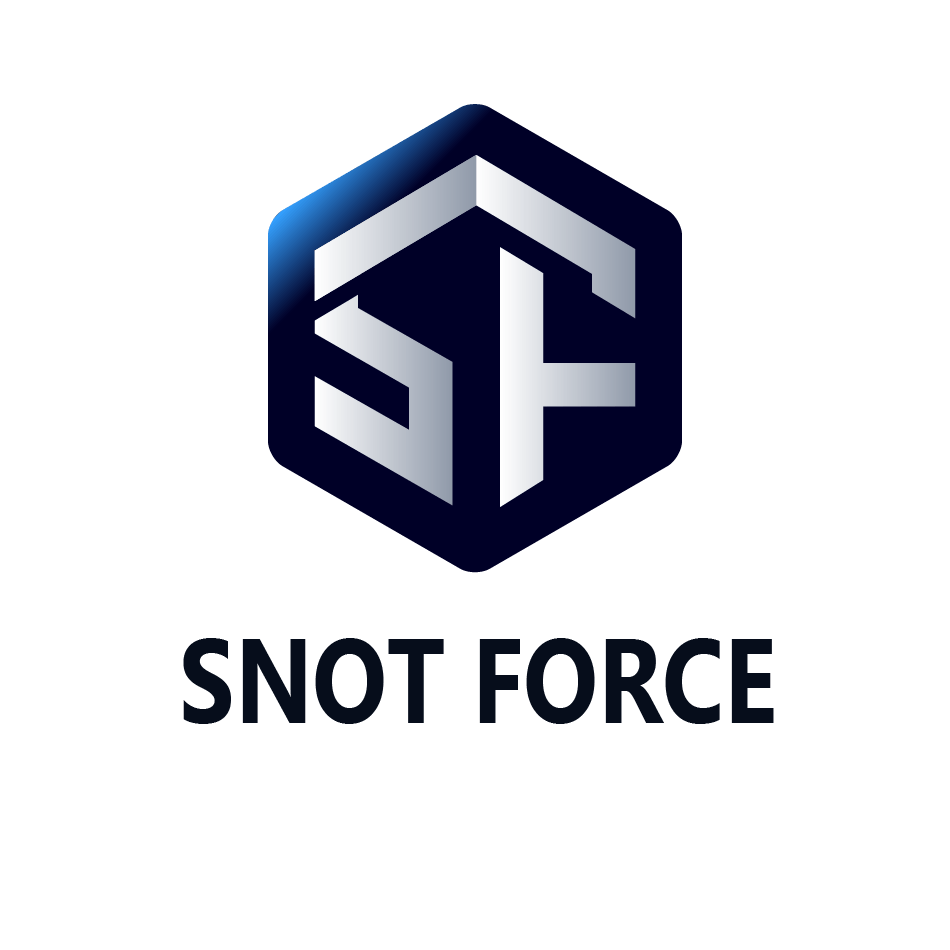Sinus Health and Immune Function: What's the Connection?
If you’ve ever treated a patient whose sinusitis resists every standard therapy, the origin of the person's symptoms could involve a dysregulated immune system. The sinuses are an active immune organ that offers a critical window into a patient’s entire immunologic health. Ignoring the interdependence between the sinuses and the immune system is what leaves many patients stuck in a cycle of recurring bouts of sinusitis.
Think of the sinus mucosa as the body’s security checkpoint. It’s equipped with physical barriers, an army of immune cells, and the adaptive intelligence of T and B cells. Its job is to identify threats, neutralize them, and record their identity for future encounters. Congestion and low-grade fever are the least of a patient's concerns when the immune system fails to protect the body's overall health.
More Than Mucus: The Active Defense of the Sinuses
| Concept | Description |
|---|---|
| Common Misconception | Reducing the sinuses to simple mucus-producing structures. |
| Actual Immune Role | The sinus epithelium serves as a dynamic immune interface. |
| Key Mechanism | It uses specialized receptors to constantly monitor the airway for pathogens. |
| Defense Response | It launches a targeted defense through cytokine signaling and antimicrobial peptide release. |
| System Characterization | It is a highly intelligent, reactive system designed to reduce inflammation and prevent illness. |
When Protection Becomes Pathology
Chronic rhinosinusitis (CRS) represents a failure of immune resolution. Pinpointing the root molecular causes of CRS remains a challenge. However, the disease profile is frequently linked to a combination of infectious agents, genetic factors, and impaired immune function. The immune system essentially gets stuck, attacking the host it was designed to protect and locking itself into a self-perpetuating cycle of harmful inflammation.
The Precision of Modern Biologics
Perhaps the most transformative development we've witnessed is the move away from nonspecific immunosuppression toward precisely targeted therapies. Monoclonal antibodies embody this new paradigm. Their mechanism involves blocking specific inflammatory signals, such as IL-4 and IL-13, which allows clinicians to essentially reset the immune system for certain CRSwNP endotypes. The focus has shifted from merely controlling sinus symptoms to fundamentally changing the prognosis of a disease that is more often than not treatment resistant.
Treating the Immune System and Sinuses Concurrently
Foundational Care:
● High-Volume Saline Irrigation: Acts as mechanical debridement, reducing the antigenic load and inflammatory debris
● Topical Corticosteroids: The cornerstone for suppressing localized mucosal inflammation
Advanced Intervention:
● Endoscopic Sinus Surgery: The goal is to restore natural physiology and reestablish drainage to create a functional cavity where topical medications can work.
● Biologic Therapies: Used for severe, type-2 inflammatory CRSwNP, these agents intervene at the level of specific immune pathways.
Recognizing that sinus health often correlates with immune health is fundamentally transforming the field of ear, nose, and throat science. This perspective shifts their role from that of a technician addressing localized inflammation to that of a physician diagnosing and managing a systemic condition that presents through rhinologic symptoms.
Learn More about The Snot Force Alliance
For further insights on surgical management, read about our approach to functional endoscopic sinus surgery. Members of the Snot Force Alliance are dedicated to integrating the latest evidence into personalized treatment plans for severe sinus and airway conditions. Join the Snot Force Alliance to access exclusive resources and continuing education designed to advance clinical practice.
